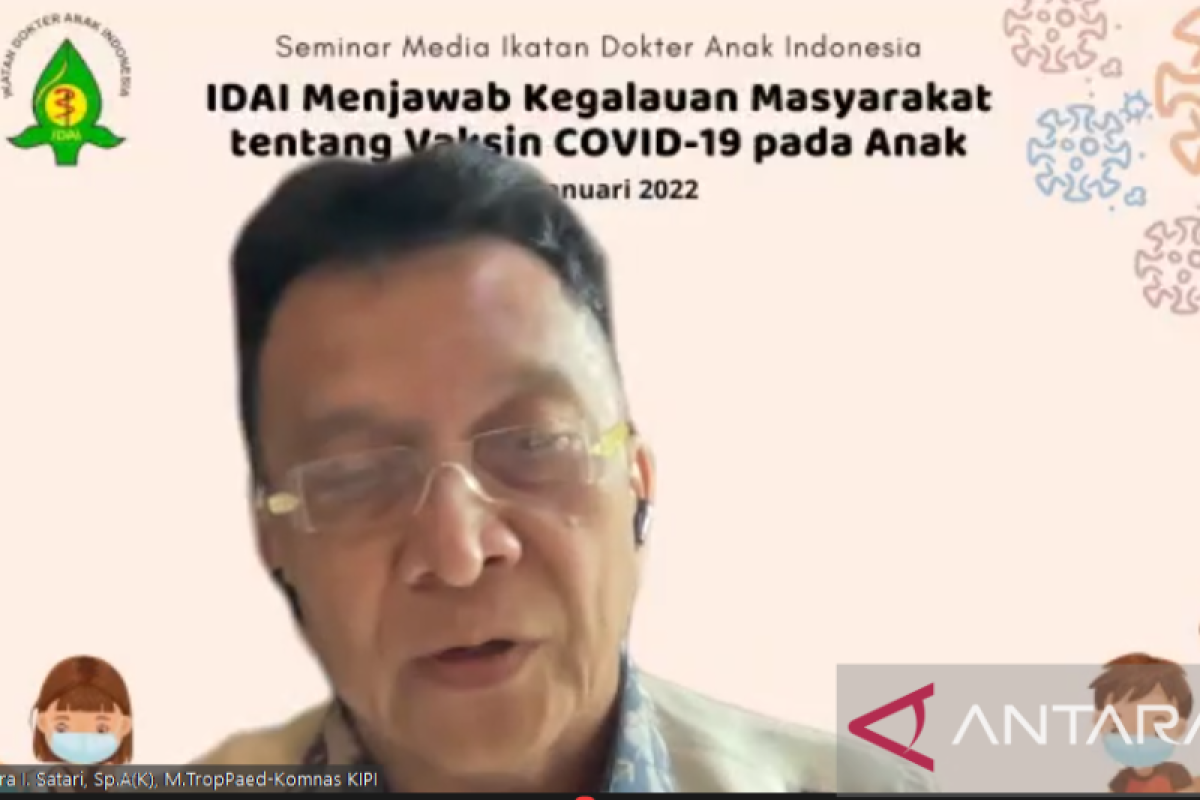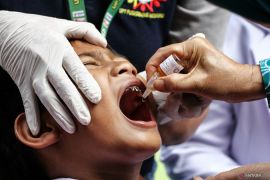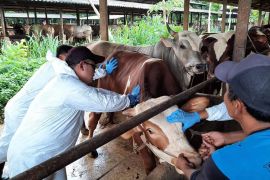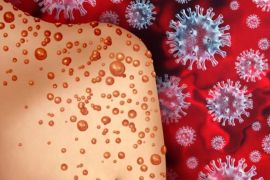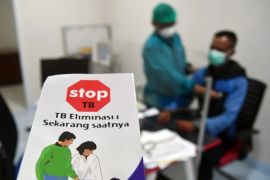At a virtual seminar on COVID-19 vaccination for children on Saturday, Satari explained that before they receive a permit, vaccines underwent a multi-stage clinical trial phase.
This activity involves several people, and AEFI could be observed on the trial participants.
To this end, emergence of a serious disease after vaccination is something that rarely occurs, and the diagnosis could only be done by a doctor.
AEFI that usually occurred after COVID-19 vaccination are usually at the low to medium level, starting from pain at the administration site, fever, and headache.
If there is an AEFI reaction after COVID-19 vaccination in children, then they should rest and be given medicine when they experience symptoms, such as fever, Satari explained.
Related news: No AEFI indication during booster vaccination trial: task force
"If medicine is required, then give it to them immediately if they experience fever. Do it immediately with no delay, as it would not affect the immunity that they had acquired. Also, drink sufficient quantities of water," he elaborated.
Satari also highlighted that vaccine administration did not immediately lead to the formation of antibodies against SARS-CoV-2, the cause of COVID-19, because it took a fortnight after vaccination for optimal antibody development.
To this end, health protocols, such as wearing a mask, had become one of the important steps to tackle the pandemic.
As of January 22, 2022, at 12 p.m. local time, 123,782,386 people in Indonesia had received the second dose of COVID-19 vaccination.
This figure was 59.43 percent of the targeted 208,265,720 people that the government had determined, according to data on the Health Ministry's website.
Related news: Parents must report adverse reactions to COVID vaccine: task force
Translator: Prisca Triferna, Fadhli Ruhman
Editor: Rahmad Nasution
Copyright © ANTARA 2022
